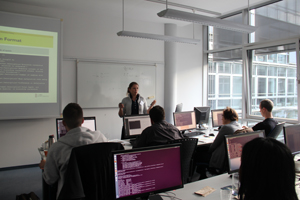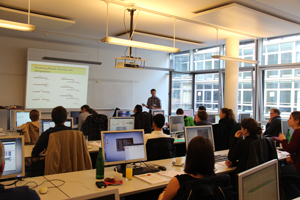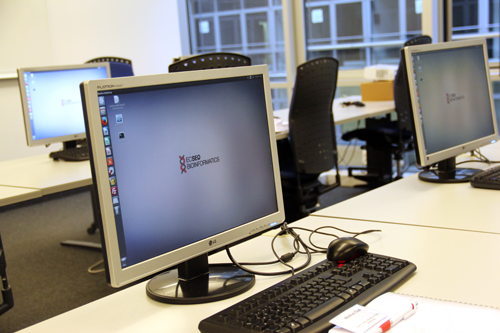DNA Methylation Data Analysis Workshop
How to use bisulfite-treated sequencing to study DNA methylation

If we are forced to cancel this event due to the corona crisis, you will not lose your money, but have one of the following options:
- An alternative date will be arranged for this event and you will automatically receive a spot for this date.
- You can switch to any other future course of this type if there is still a spot available.
- You can request a full refund of your payment.
We assure that no one will lose his/her money if we are forced to cancel the course!
Advance your epigenetics research with NGS methods.
In a nutshell
- Learn how bisulfite sequencing works
- Understand how bisulfite-treated reads are mapped to a reference genome
- Perform basic analyses (call methylated regions, perform basic downstream analyses)
- Use shell scripting to create reusable data pipelines
- Visualize results (ready-to-publish)
When?
2-5 November 2020
Where?
Berlin, Germany









